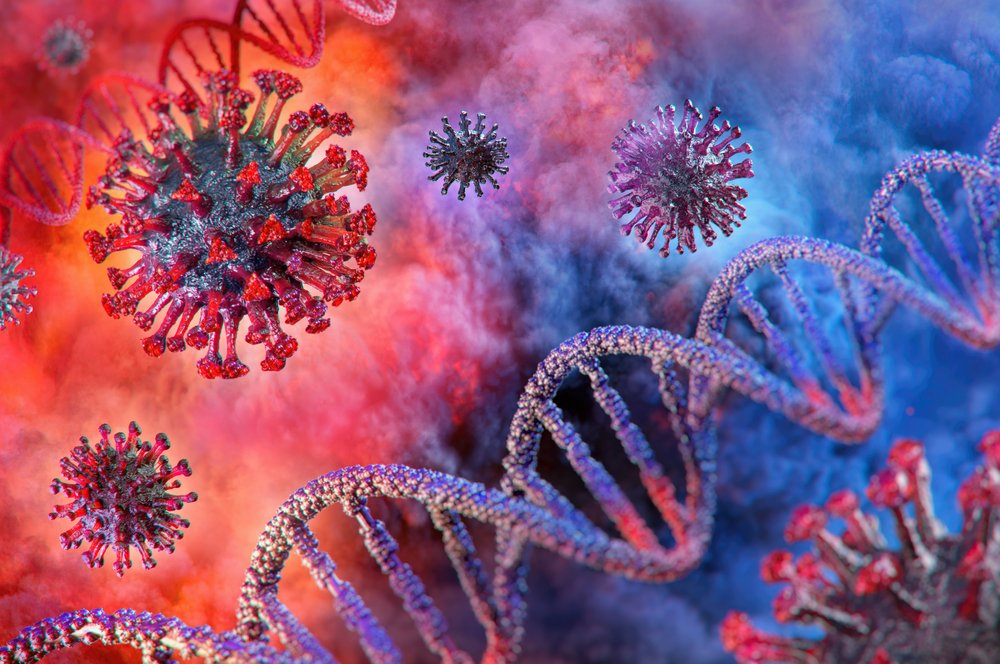
As COVID-19 continues to surge across the country, with an anticipated death toll reaching 300,000 by the end of the year, the NFL season has just kicked off. Multiple professional and college sports programs have also returned to play. To prevent outbreaks among the athletes, they are tested frequently, sometimes daily, and with quicker results than our patients, health care providers, schools, and seniors, the population with the highest death toll from this virus.
Without a national strategy to address this pandemic, we have a perverse system of testing. Limited testing is available for the most vulnerable populations and high-risk communities, while elite institutions can access testing on the private market. The states have been given the responsibility of securing tests for their citizens resulting in a patchwork approach. Some states have banded together to enhance their purchasing power, but there has been no national commitment to ensure adequate testing supplies are developed and distributed. These delays in test results make contact tracing moot. By the time someone is alerted to a positive test, they have potentially exposed multiple others.
Meanwhile, our independent community hospital in northern California has recently alerted the medical staff to “critical shortages for all COVID testing supplies.” Although we have the machinery for testing, there is the constant challenge of getting the necessary supplies to run tests. What this means in our hospital is that asymptomatic patients screened upon admission will wait 3 to 4 days to get results. At that time, our medical providers and staff could be exposed to the virus inadvertently. It means burning through our limited supplies of personal protective equipment while awaiting test results.
As for testing the physicians and staff, there is no plan to pursue that. Our facility does not have the testing capacity, nor do we anticipate we will any time soon. For those who want to pursue asymptomatic screening, we use county testing sites that have a turn around time of 4 to 6 days. By the time we get results, we theoretically have worked nearly a week, potentially exposing others to this virus. Across the country, health care providers are limiting contact with their families, some living apart from them altogether because we do not have access to rapid testing. For parents who work with COVID patients, they are avoiding kissing and holding their own children.
Across town, my parents have been in quarantine at their assisted living facility. They are tested every two weeks, waiting nearly a week for those results to return. They have been confined to their rooms with no visitors for several weeks now after staff and residents tested positive. Our community is experiencing widespread numbers at this time, putting us on the highest tier of California’s county tracking system. The local college has gone completely online since student cases started to trend up, but their campus health center has been unable to obtain testing supplies.
The Rockefeller Foundation, a global leader in the advancement of public health and medical science, has developed an action plan to address the U.S. testing challenge, recognizing that testing is the only way out of this disaster.
They have identified key areas, recommending a massive increase in the numbers of weekly tests with a goal of 25 million weekly, with a focus on schools, health facilities, and essential workers. We need a significant reduction in the processing time for results with a “smart strategic science-based approach” with robust contact tracing and targeted isolation for those at risk of spreading the virus. They have also made a recommendation to use the Defense Production Act to ramp up the development and distribution of fast and low-cost tests. “If professional baseball and basketball players can get routine tests, so should our teachers, students, essential workers, nurses, and bus drivers. “
If ever there was a time for the words of JFK, “Ask not what your country can do for you; ask what you can do for your country,” this is it. Wouldn’t it be a powerful statement if the sports teams donated their testing capability to facilities scrambling to get enough tests to take care of patients, their staff, and the seniors who are dying in disproportionate numbers?
Aldebra Schroll is a family physician.
Image credit: Shutterstock.com
